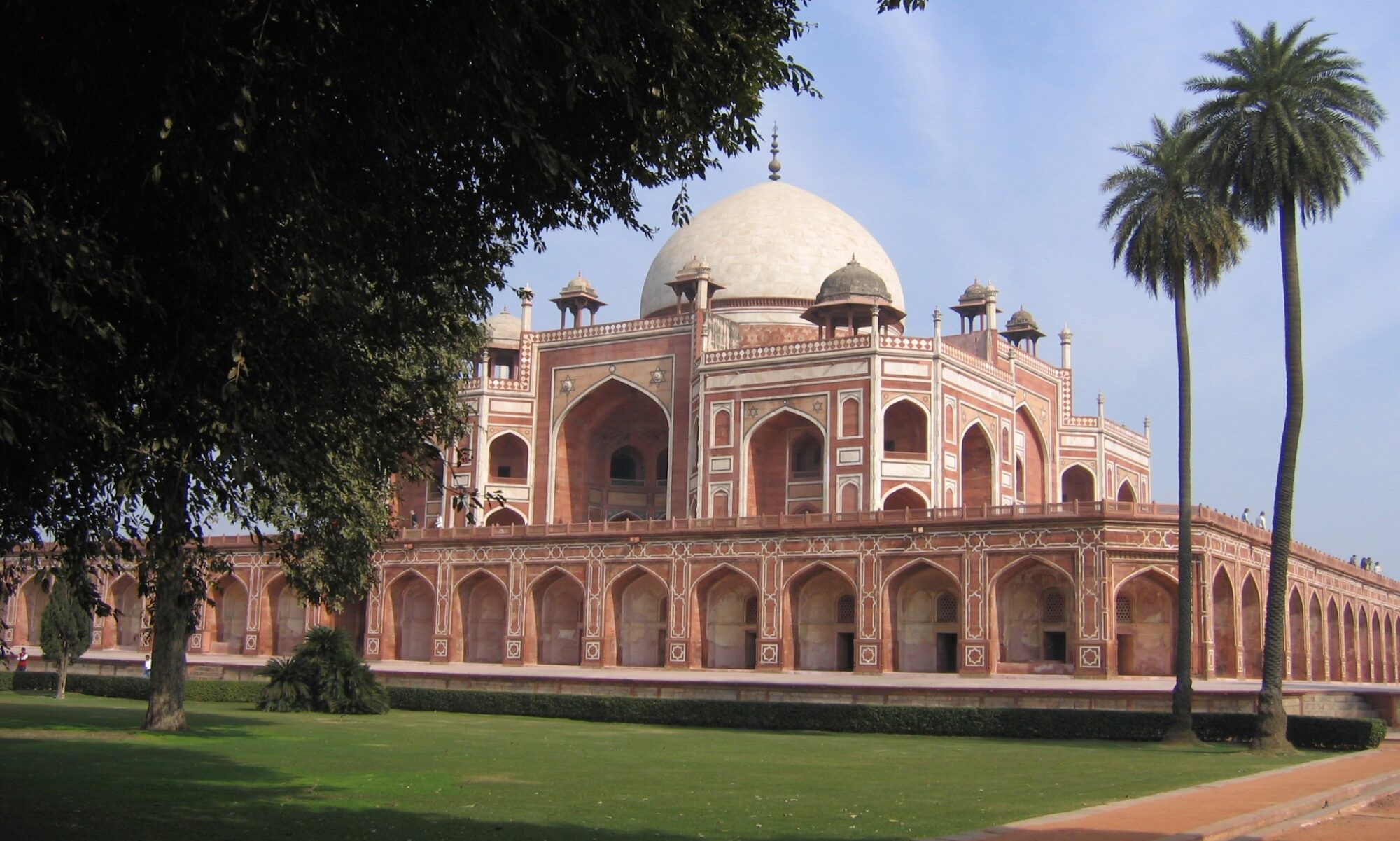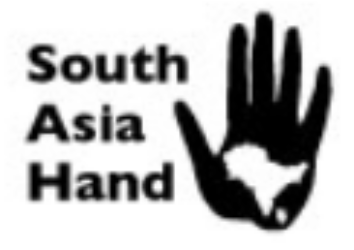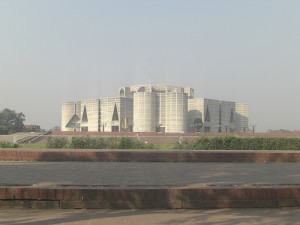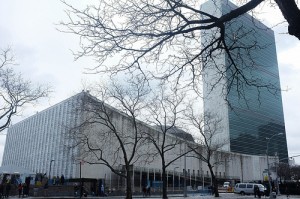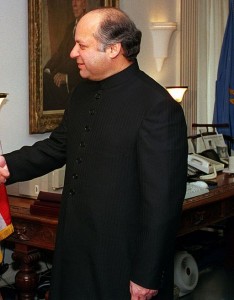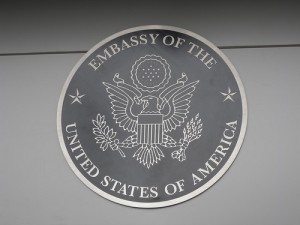
February 18, 2014. The brickbats cast at the Obama administration for appointing unqualified candidates to important ambassadorial jobs notably did not include any directed at envoys to the South Asian countries. Unlike the representatives Obama has nominated this year to the fleshpots of Western Europe and other comfortable parts of the world, all six American ambassadors assigned to South Asia are career Foreign Service officers, five with previous experience in their host countries or elsewhere in the region. Campaign bundlers and other would-be politically-appointed ambassadors haven’t been breaking down the doors to reach this challenging and often dangerous part of the world. With some noteworthy exceptions, mostly but not exclusively in India, those among them who have been chosen have not brought assets to their embassies that Foreign Service officers could not have provided. The South Asia experience makes a good case for the assignment of FSOs as ambassadors. Continue reading “No Campaign Bundlers in Sight”
